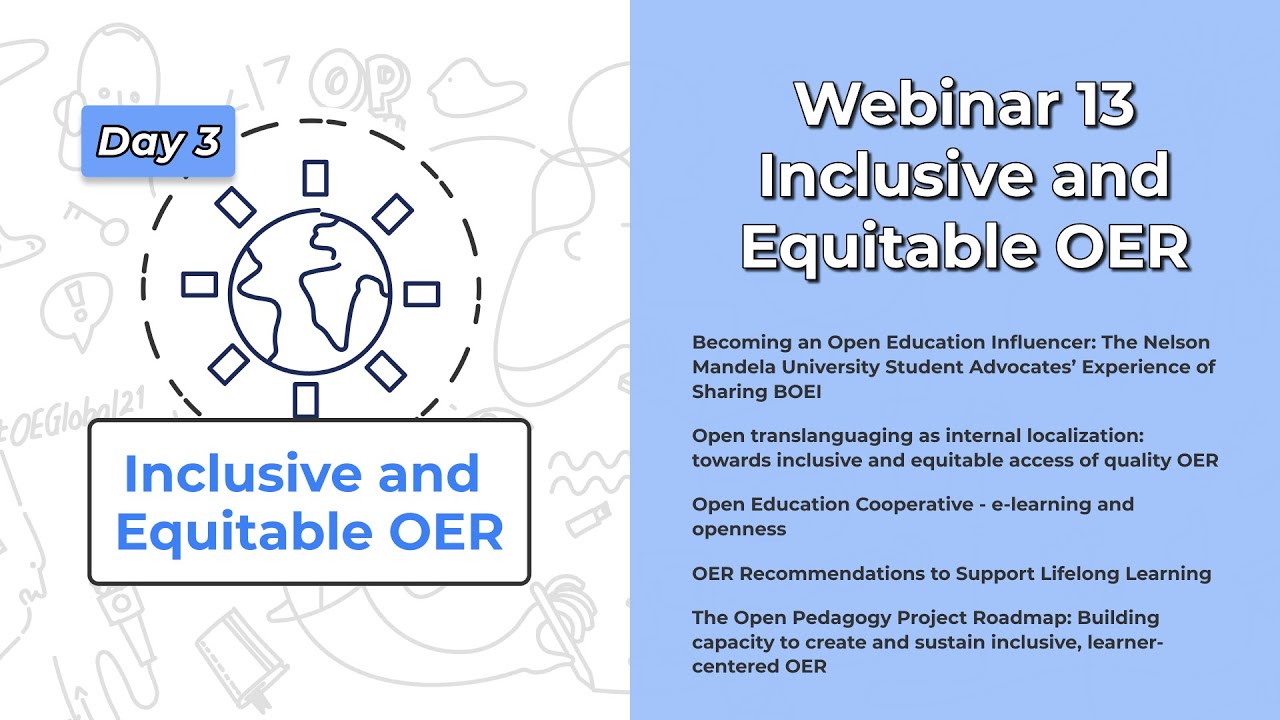Mohammadreza Tavakoli (TIB), Abdolali Faraji (TIB), Gábor Kismihók (TIB)
In recent decades, we have faced a significant gap between the supply of learning content what educational systems offer, and what individuals actually need to learn to be able to carry out their daily (including job-related and social-related) activities [1], [2]. The COVID-19 pandemic intensified this challenge as due to the dramatic, and often existential situation of businesses in a number of industries, forced people to reskill themselves online in order to remain employable in post-COVID times [3]. For instance, skills that are important in offering online services (e.g. software development and delivery), or soft skills related to online collaboration and communication, are extremely demanded on the labor market and expected to play key roles in the near future. Due to these changes and the economical situation in the COVID time, many people around the world lost their jobs and need to reskill themselves to (re)gain their jobs. As a consequence, lifelong learners need to monitor and update their individual skill-sets regularly to remain employable [4], [5]. Subsequently, educational systems should be developed, which consider individual learning objectives context, and preferences in order to provide personal and relevant learning recommendations. To build such a personalized context-aware system, a large amount of educational resources with various properties (e.g. language, expertise level, and format type) is required. In this context, Open Educational Resources (OERs) can play a significant role as they are open and free to use content that can be adapted to different learning needs. However, the applicability of OERs in this area has been limited due to the lack of intelligent methods to facilitate OER quality control and property extraction processes. Subsequently, without these automated methods, essential services like high-quality learning content recommendation or OER search services still underperform [8], [9]. In this research, therefore, we want to:
1. Propose a method that facilitates the utilization of information on skills for learning processes, based on timely labor market information.
2. Decompose those skills into meaningful learning objectives and components and offer an individualized learning path.
3. Build a personalized OER recommendation system that helps learners to achieve their skill targets through recommended learning pathways.
Extended abstract: OE_Global_2021_paper_27.pdf 📄
Webinar Information
This presentation is part of Webinar 13 Inclusive and equitable OER taking place in your local time → .
Webinar Access (registered conference participants only):
![]()
![]() Go to Webinar 13
Go to Webinar 13
UNESCO OER Action Area: Inclusive and equitable OER
Language: EnglishSee the other presentations that take place in this webinar.
Presentation Recording
Participate
Before the webinar the authors will be asked to reply below with links to their presentation materials, related videos, and other relevant links, as well as prompts for discussion here.
For anyone that missed the live session, an archive will be posted here as soon as possible.
Conference participants are urged also to reply below with questions, comments for the presenters or to share related resources.
